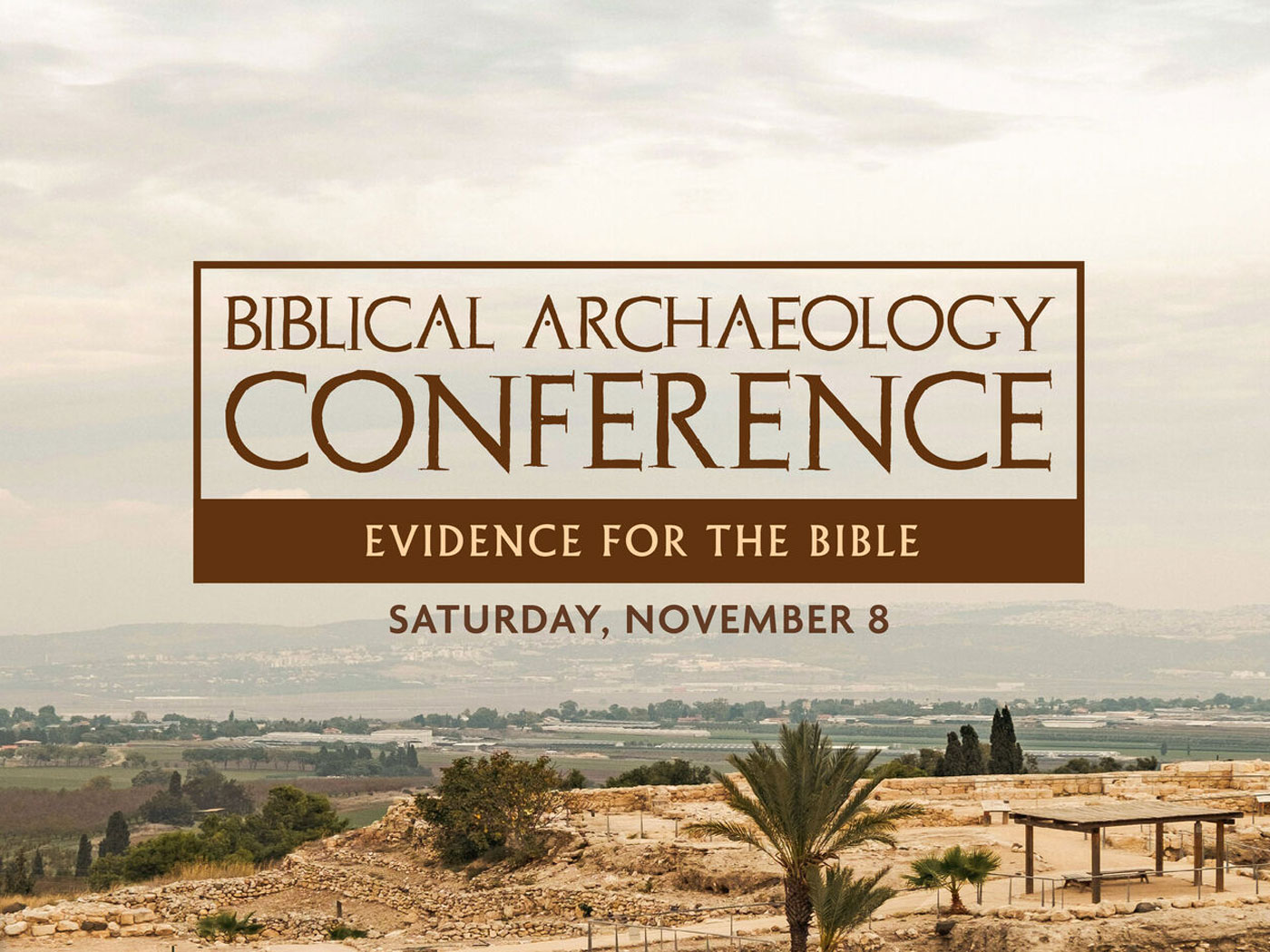Entomologists, biologists who study insects, continue to uncover amazing discoveries regarding the intellect of bees1,2
Now, biologists at Queen Mary University of London have “strong evidence that social learning drives the spread of bumblebee behaviour—in this case, precisely how they forage for food.”3
The scientists set up experiments to determine how this unique behavior was learned.
The researchers designed a two-option puzzle box that could be opened either by pushing a red tab clockwise or a blue tab counter-clockwise to reveal a 50 per cent sucrose solution reward. 'Demonstrator' bees were trained to use either the red or blue tabs, with 'observer' bees watching. When it was the observers' turn to tackle the puzzle, they overwhelmingly and repeatedly chose to use the same method that they had seen, even after discovering the alternative option.3
They also used a “control group which lacked demonstrator bees. In this group, some bees managed to open the puzzle boxes, but did so far fewer times than those who benefitted from seeing another bee do it first.”
This evidently is contrary to instinct. Instinct is a difficult, somewhat frustrating term to describe, but evolutionists define it as the following:
A genetically acquired force that impels animals to behave in certain fixed ways in response to particular stimuli. The term is little used by modern ethologists [those who study animal behavior] because it is open to many of the same objections as the term “drive”, because it makes no allowance for environmental influences upon patterns of behaviour, and because behaviour that formerly was considered to be ‘instinctive’ is known now to result from several different categories of motivation.4
Not surprisingly, the article gives an obligatory nod to evolution after seeing similar results using birds and primates.
If bumblebees are capable of this, too, this could potentially explain the evolutionary origin of many of the complex behaviours seen among social insects. It might be possible that what now appears instinctive could have been socially learnt, at least originally.3
What we see is complex behaviors in these and other social insects that cannot be attributed to evolution’s claims of random mutations over time. Just including bees with the learning capability of other social insects doesn’t bring one closer to a potential evolutionary origin explanation.
Creationists would say these social insects were designed with the amazing ability to learn, as seen by the results of these experiments. The “bees watch and learn, and then make a habit of that behaviour.”3 No appeal has to be made to evolution.
Professor Lars Chittka said,
“Our research shows, however, that new innovations can spread like social media memes through insect colonies, indicating that they can respond to wholly new environmental challenges much faster than by evolutionary changes, which would take many generations to manifest."3
In other words, bees use their God-given senses to adapt and learn new behaviors. Evolution is not needed for new innovations to spread through colonies. As Dr. James Johnson said, “...we can admire God’s handiwork and His providential provision of wisdom—by programmed instinct and by experiential learning” that we see in His living creation.5
References
- Reed, B. Bees’ tiny brains beat computers, study finds. The Guardian. Posted on theguardian.com October 24, 2010, accessed March 17, 2023.
- Sherwin, F. Bee Brains Aren’t Pea Brains. Creation Science Update. Posted on ICR.org July 11, 2019, accessed March 17, 2023.
- Science Writer. Bumblebees learn new 'trends' in their behavior by watching and learning. Science Daily. Posted on sciencedaily.com March 7, 2023, accessed March 16, 2023.
- Allaby, M. 2020. Oxford Dictionary of Zoology. Oxford University Press. 312-313.
- Johnson, J. Dolphins Learn Tricks from Peers to Catch Fish. Creation Science Update. Posted on ICR.org July 3, 2020, accessed March 16, 2023.
* Dr. Sherwin is science news writer at the Institute for Creation Research. He earned an M.A. in zoology from the University of Northern Colorado and received an Honorary Doctorate of Science from Pensacola Christian College.

















